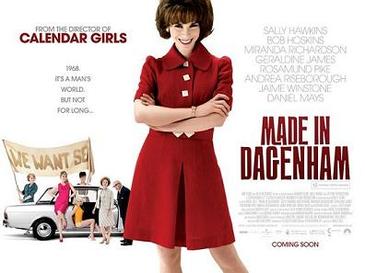That's an interesting one. One certainly does not need a degre (sic), but one does need to have a very good understanding of theology before one can really get even close to, rationally, be a 'confirmed atheist'.
I have always regarded 'confirmed atheists' as a bit odd, since they really need to have as much 'blind faith' in their view as do those who subscribe to a religion.
Agnosticism would seem (to me) to be the only rational position - since to 'dismiss' something on the basis of there 'not (yet) being any proof' and that it is 'beyond all credibility and common sense' is essentially dangerous - what do you think those around me back in the 50's/60s would have said/though if I had suggested what technological marvels most people would be carrying around in their pockets in the 2020s - I feel sure that most would have dismissed the suggestion as being 'beyond all credibility and common sense'.
Kind Regards, John
However, one
can be a Non-Theist - without having "Blind Faith" in any contrary "argument" to "Theism".
Many people can say that "Gravity" and "Evolution" are only
theories - while there does not yet seem to be any
better "theories" available to both
disprove and/or replace them !
(Einstein's "Special Relativity" might be regarded as a "tweak" on Newton's "Classical mechanics".)
--------------------------------------------------------------------------------------
Please compare and contrast these two extracts from various Dictionaries.
From
Oxford Dictionary
Faith:-
a strong belief in the doctrines of a religion, based on spiritual conviction rather than proof.
Delusion:-
a belief or impression maintained despite being contradicted by reality or rational argument, typically as a symptom of mental disorder:
From
Collins Dictionary
Faith:-
strong or unshakeable belief in something, esp without proof or evidence
or
unquestioning belief that does not require proof or evidence
Delusion:-
1. a mistaken or misleading opinion, idea, belief, etc
2. a belief held subjectively in the face of objective evidence to the contrary, that is resistant to all reason
From
Merriam-Webster
Faith:-
firm belief in something for which there is no proof.
Delusion:-
a persistent false psychotic belief regarding the self or persons or objects outside the self that is maintained despite indisputable evidence to the contrary
I find it difficult to discern
much difference in the definitions ascribed to these two words.
Hence, these definitions imply that (blind) Faith is a Delusion and (possibly) a symptom of mental disorder!
Most people have now freed themselves from the "Mental Disorder" of "Faith" in Ra, Kali, Isis, Astarte, Zeus, Wotan, Thor, Bacchus, Mithras etc. etc.- but many have still not given up their last delusion of Allah, Jehovah or God - in spite of no "supporting evidence".
The basic "tenet" of advertising is to
"Create a Fear" - which you may not know that you
needed to have
and then
show you the "way out" of this "predicament".
You may be interested to compare the processes of Advertising with Religion in regard to this.



